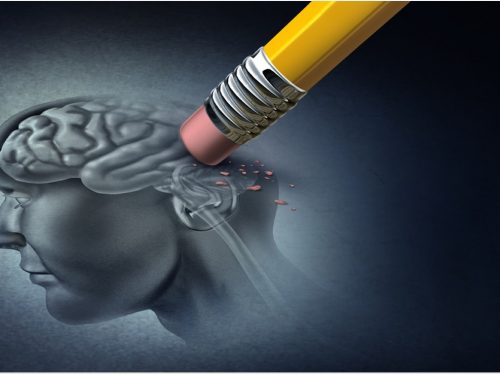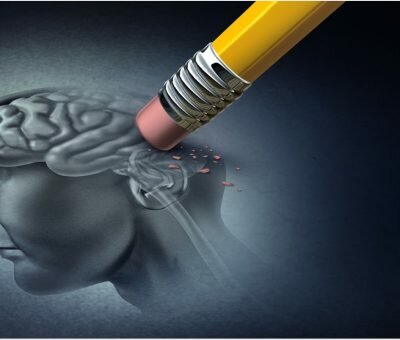Keto diet: Yea or nay?

The keto diet has become a modern, trendy way of losing weight world over despite attracting criticisms from experts in the health arena. The diet involves depriving the body of carbohydrates such as legumes, grains, fruits and vegetables and instead encourages fat and protein intake. This diet is majorly reliant on ketone bodies, which is a type of fuel that the liver produces from stored fat.
Those on the diet are advised to take less than 50grams of carbs per day. This way, the body will eventually run out of fuel from blood sugar, which it can consume easily. This process lasts about 3 to 4 days. As a result, the body starts to break down protein and fat for energy which will lead to weight lossalso known as ketosis.
Medically, this diet is used to manage certain conditions such as epilepsy and may also help with heart disease in some cases.
Julie Kobusingye, a nutritionist based in Kampala, says the keto diet is good for certain conditions such as epilepsy, diabetes and hypertension but has to be closely monitored by a dietician so that one does not miss out oncertain nutrients for the body.
“A keto diet depends on fat for energy rather than carbohydrates like a normal diet. The starchy carbohydrates such as potatoes, cassava, posho, rice and wheat products among others are mostly avoided in this diet. The body uses any dietary fat from foods like coconut oil, butter, milk, eggs, avocado and nuts, among others instead for energy,” she says.

Advantages
The keto diet has a number of advantages including supporting weight loss, improvement of heart health, reduction in risk of certain cancers, protection of brain function and management of some health complications including epilepsy.
“The keto diet helps with weight loss, builds muscle and improves metabolism. However, one may miss out on certain nutrients because carbohydrates are being eliminated from the diet. Some of these nutrients include minerals and fibre which give us energy,” Kobusingyeadds.
This diet affects the body negatively which is why many dieticians are hesitant to prescribe it. Eliminating some carbohydrates may lead to constipation due to nutrient deficiencies. Also, one may develop flu-like symptoms including headache, fatigue, and an upset stomach. More long-term effects are liver disease, osteoporosis and kidney stones.
“With the keto diet, one is supposed to substitute carbohydrates with fat. Therefore, in the beginning before your body gets used to the diet, you get tired a lot, get hungry faster and get sugar cravings,” she warns.
In the case of children, the diet is prescribed only under specific circumstances, as children consume a lot more energy, so they need carbs to grow.

To start
Kobusingye advises those who would like to start the keto to first seek professional advice from a qualified nutritionist or dietician rather than solely relying on the internet for information.
“Your diet is the way it is for a particular reason. Everything that you eat gives you a particular nutrient. It is not advisable to take out a main food group such as carbohydrates without substituting it with something else that has similar nutrient value,” she advises.
Rather than eliminating a particular food group, Kobusingye suggests that one should see a nutritionist to prescribe a balanced diet for responsible food in-take. This, coupled with a good exercise routine can allow one to lose weight in a more sustainable way without affecting overall health and functionality of the body.
“The only way to lose weight and keep it off sustainably is to combine diet with exercise. One without the other will only work in the short term,” she says.
thepearluganda





































